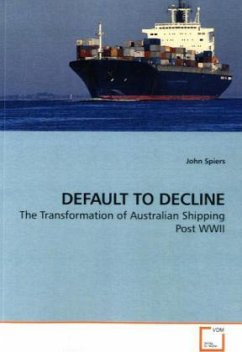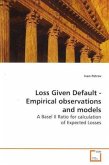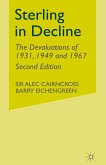Australia is a vast country in whose development transport played a vital role. At the end of World WarII Australia s road & rail transport systems remained slow, poorly equipped and inefficient due to legislation; air travel was in its infancy & expensive. In 1945 the privately owned coastal shipping industry providing passenger & cargo services to major cities around Australia s long coastline expected to resume its dominant transport role. But the development of 6 competitive forces after the return of peace thwarted its efforts to regain its pre-war status, transformed its character &led to the decline to its present condition. This book is the first to synthesise the effects of these forces into a consecutive account of Australian shipping s post-war history between 1945 & 2002. It uses fresh sources, recently released information and reinterprets existing material to analyse the forces and events that led to these changes. The study should attract the interest of those concerned in shipping & its post-war history and those in any country who study the effects on industries lacking Government policies and the will of its participants to secure in the face of challenges.








